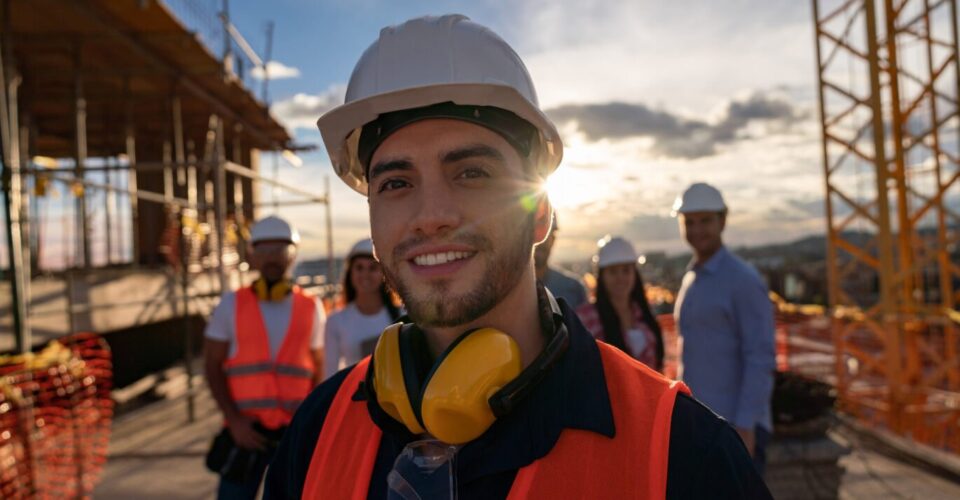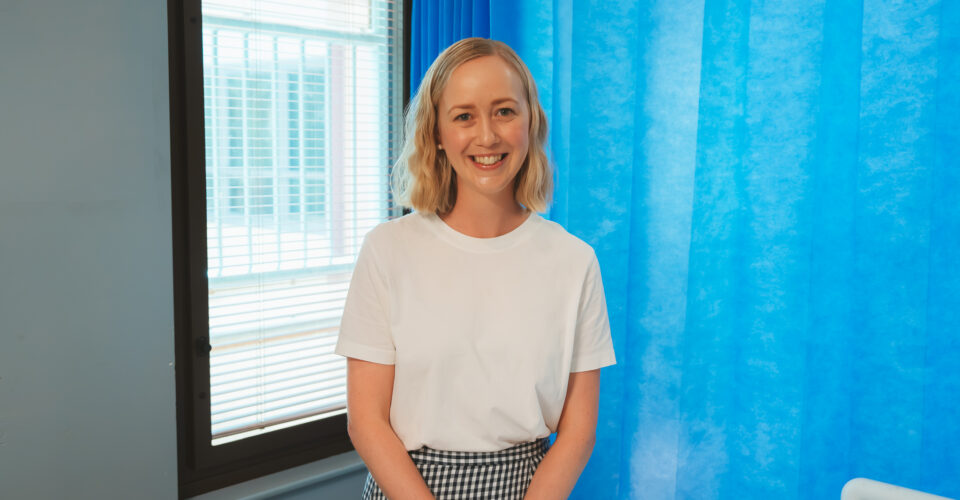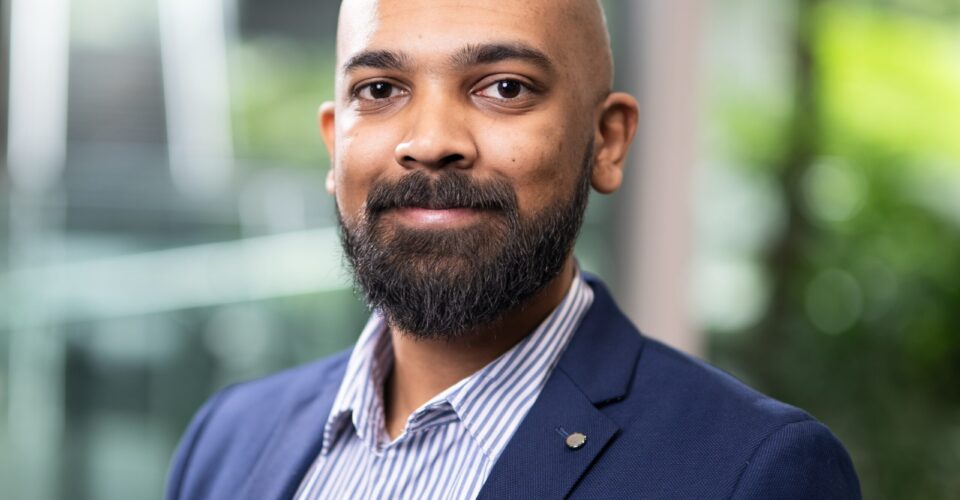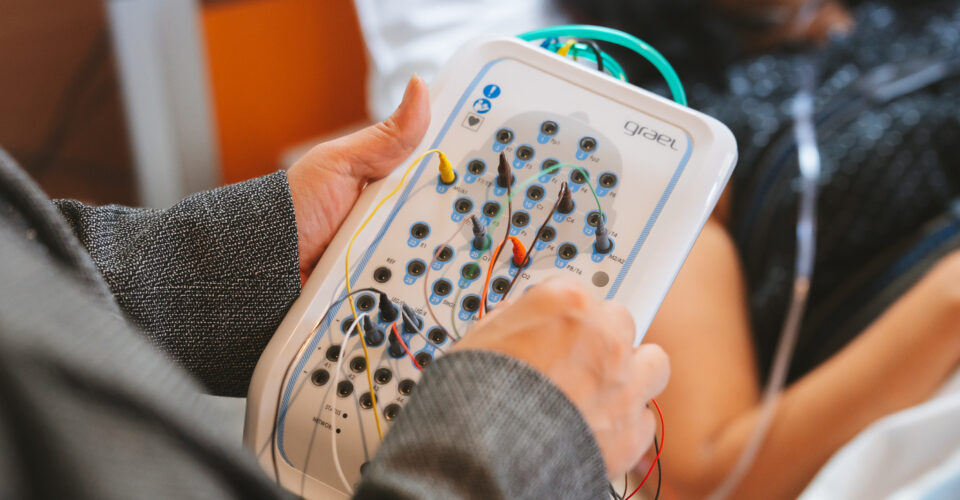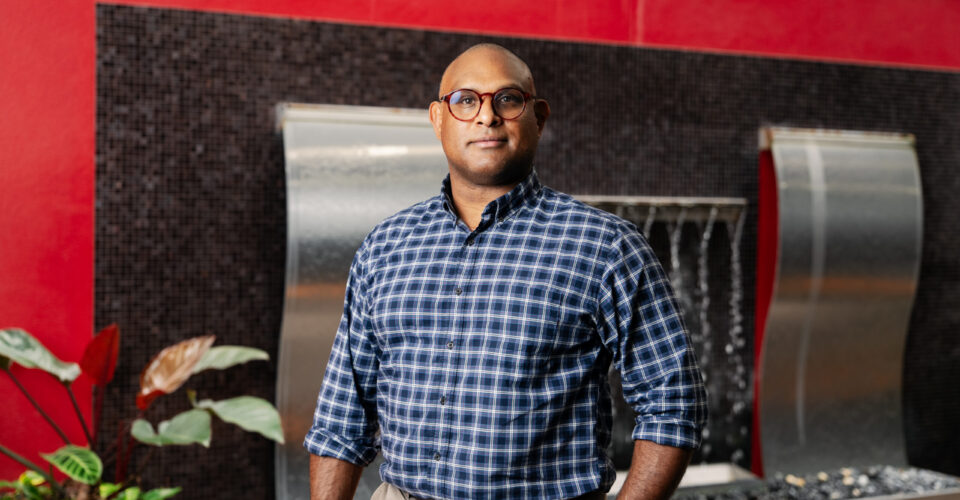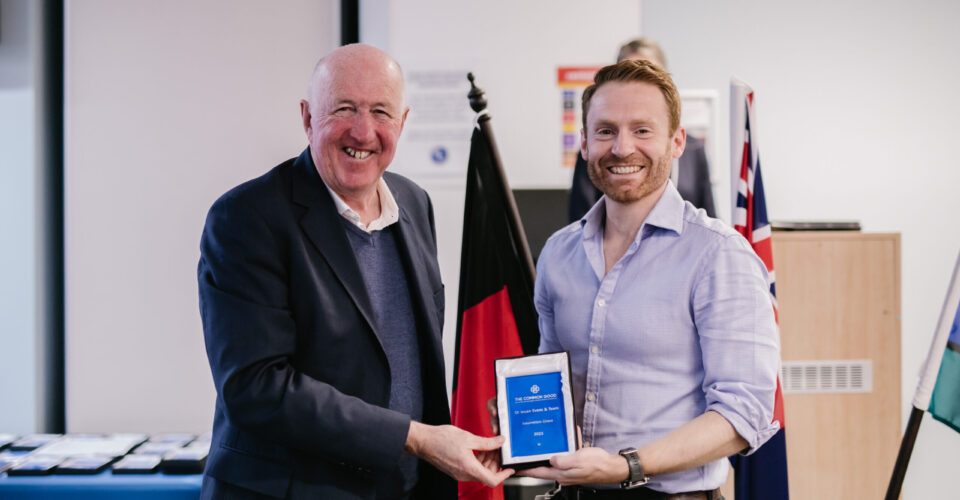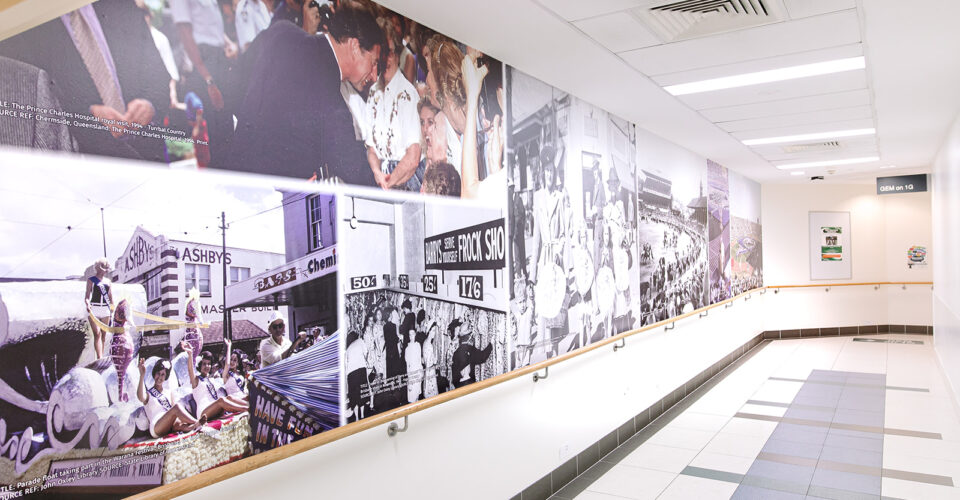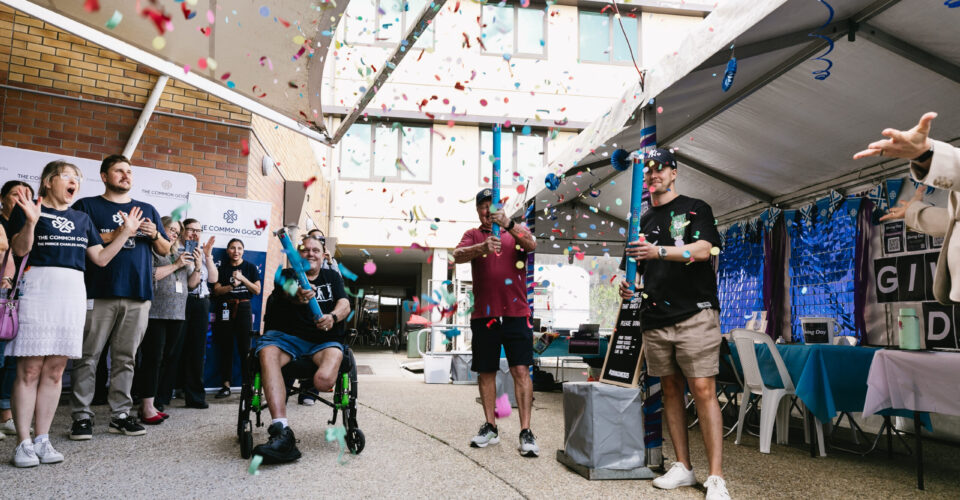Each October marks National Safe Work Month, and in 2023, the theme is ‘For everyone’s safety, work safely’.
There’s no denying that some jobs are more hazardous than others, but everyone should feel safe in their workplace – no matter where they make a living.
That is why every year during the month of October, Safe Work Australia marks National Safe Work Month – a month when the statutory agency encourages everyone – businesses, employers and all workers – to commit to building safe and healthy workplaces by prioritising safety and working towards reducing the number of work-related injuries, illnesses and fatalities.
“Creating a safe and healthy workplace that is free from physical and psychological harm benefits everyone, and that’s what this year’s theme is all about,” said Safe Work Australia Chief Executive Officer Michelle Baxter.
“All workers have the right to a healthy and safe working environment, regardless of their occupation or how they are engaged.”
About the 2023 National Safe Work Month
This October, the focus areas of National Safe Work Month include:
- Week 1: Working together to manage risks at work
- Week 2: Working together to protect workers’ mental health
- Week 3: Working together to support all workers
- Week 4: Working together to create a safe and healthy workplace.
You can learn more about National Safe Work Month by visiting the Safe Work Australia website.
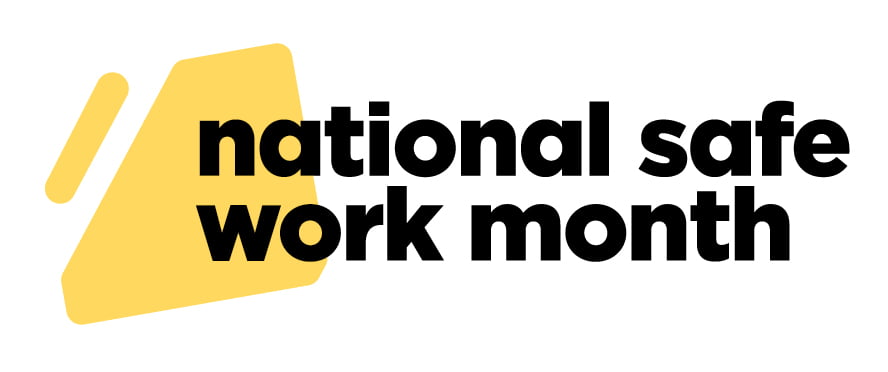
Investing in the Future of Australia’s Tradies
In Australia, one of the greatest workplace concerns is occupational lung disease – namely silicosis.
The Tradie Health Institute, an initiative of The Prince Charles Hospital Foundation and established in collaboration with the public health sector, our largest lung centre, universities, scientists and industry, strives to deliver positive impacts for tradies, their health and their families.
With an initial focus on occupational lung disease and improving the well-being of those impacted, the Tradie Health Institute is dedicated to uncovering new and effective ways to treat and manage these diseases.
To find out more about Tradie Health Institute, click here.
New equipment for Queensland Lung Transplant Service by The Prince Charles Hospital Foundation
Critical pieces of equipment will be purchased for the Queensland Lung Transplant Service (QLTS) based at The Prince Charles Hospital – where significant lung disease research is carried out. The QLTS has the largest biobank of lung material in the southern hemisphere.
This equipment includes a cell sorting machine, a PCR machine and two liquid nitrogen tanks.
- Cell sorter:
The cell sorter is to be used primarily within the occupational lung disease team and shared with other researchers within the hospital.
Currently, the QLTS team needs to travel to another research institute to use their cell sorter, so Dr Simon Apte, Chief Scientist at QLTS says having this equipment on site will really enable them to do a lot of different research they can’t do at present.
“It’s a fantastic piece of equipment that lets us pull out specific types of cells so that we can ask questions about them to understand the disease mechanism,” said Dr Apte.
“In the case of silicosis, those cells are called macrophages. The macrophages are involved with taking up the silica particles that are breathed in. If we want to specifically look at a subset of macrophages and see how the silica particles are affecting them, then really the only way to do that is to use equipment like a cell sorter. Once we have those cells isolated, we can ask questions like: how is that cell affected by the silica? or how can we use a drug to modify the behaviour of that cell?”
- PCR machine:
A PCR machine has revolutionised the way cells are investigated. It is a system that supports a broad range of genomic applications, such as looking for the presence of a virus or analyses of gene expression.
- Liquid nitrogen:
The QLTS has the largest biobank of lung material in the southern hemisphere, and storing it in the right conditions is critically important.
Liquid nitrogen provides the ideal environment to store cells received from patients who have undergone lung transplantation or invasive thoracic surgery.
“It allows us to keep that material in a good, healthy condition so that we can then take it out a later date and use it to ask experimental questions,” Dr Apte said.
The purchase of this critical equipment is only possible thanks to a significant gift from a generous donor who left a lasting legacy through a Gift in their Will. You can read more about the impacts that Gift in Wills have in advancing the health outcomes for future generations here.
